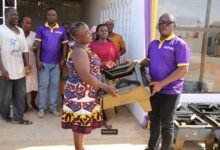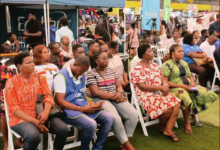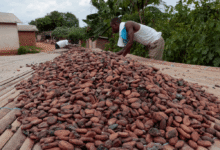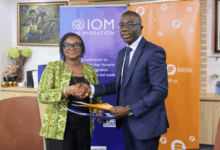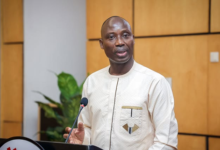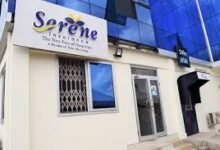DBG to provide partial credit guarantee share risk – Deputy MD

Development Bank Ghana (DBG) is to introduce a guarantee product to share the burden of risk with financial institutions the organisation lends to.
Dubbed the Partial Credit Risk Guarantee, which will come into effect before the end of the year, it will allow the banks and Participating Financial Institutions (PFIs) to invest in certain areas such as agribusiness and allow them to share the risk with with DBG.
The Deputy Managing Director of DBG, Michael Mensah Baah, disclosed this at DBG University of Ghana Business School (UGBS) Development Finance Dialogue Series Round Table Meeting held at Legon on Tuesday.
The maiden programme was on the theme “Deepening Development Finance, Knowledge, Innovations and Impact”.
As part of the programme, DBG signed a Memorandum of Understanding with the UGBS to promote research on the programmes of DBG.
Also, under the partnership, DBG would, among others, support students of the UGBS, provide them with internships and provide for MSc students in Development Finance.
Mr Baah said although DBG had access to cheap funding, it did not want to rely only on its funding to intervene in the market.
“DBG wants to encourage the PFIs and the banks to use their own funding to invest, “ Mr Baah said.
By using the funding of the banks and PFIs and that of DBG, he said, “We will be able to make more significant impact and that is the reason we’re coming out with the Partial Credit Risk Guarantee”.
He said one of the ways of derisking the finance space was to share the risks of investment with the banks and PFIs.
Touching on the partnership with the UGBS, Mr Baah said the programme was aligned with DBG’s mission and vision to accelerate an inclusive and sustainable economic transformation by fostering the growth of a competitive private sector.
“We know as DBG that to create economic resilience and accelerate social mobility, we must champion the role of Knowledge, Innovation and be able to measure impact of our interventions, “he said.
BY KINGSLEY ASARE

